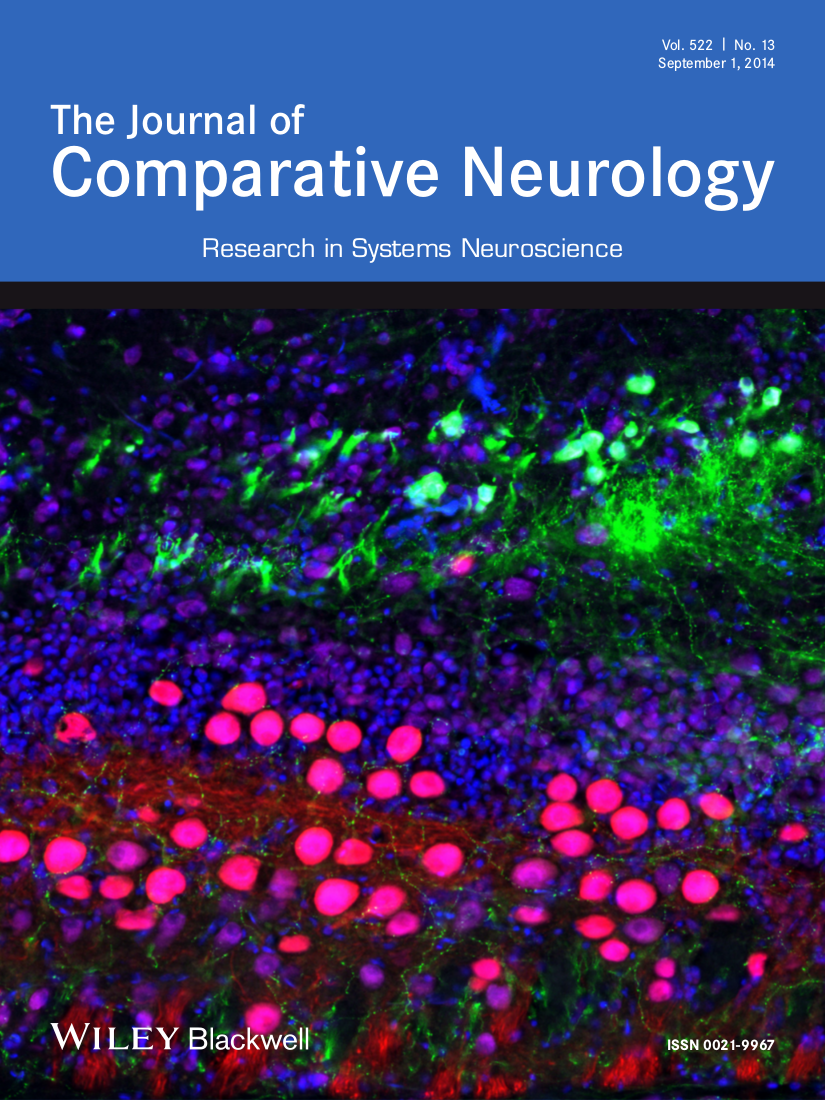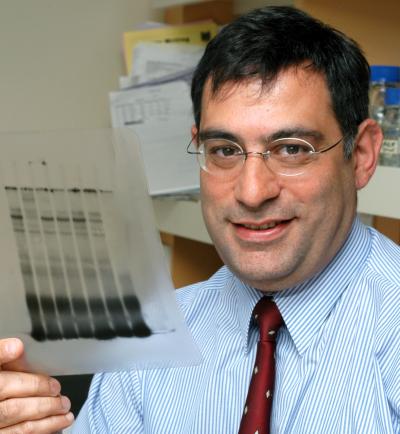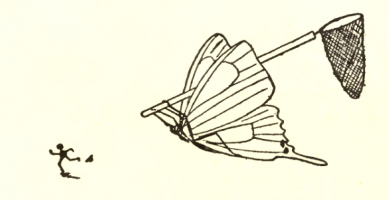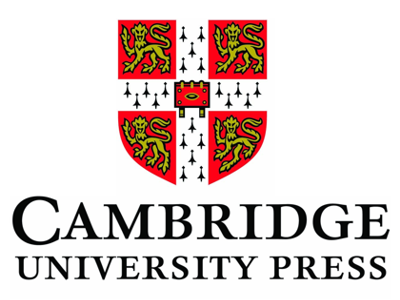 A group of Australian researchers who studied the cat’s meow as a model for urinary incontinence and other motor-neural issues in people have lost a 2015 paper in the wake of a misconduct investigation.
A group of Australian researchers who studied the cat’s meow as a model for urinary incontinence and other motor-neural issues in people have lost a 2015 paper in the wake of a misconduct investigation.
The target of the inquiry was Hari Subramanian, a former senior research fellow at the Queensland Brain Institute, part of the University of Queensland (UQ). Subramanian was leading studies of incontinence in the elderly, for which he sometimes used nerve stimulators on live rodents and cats. As The Australian reported last September, animal rights activists have objected to his research methods — which sometimes involved sticking probes into the brains of living animals.
Recently, the school launched an investigation — prompted by an unknown complainant — into the integrity of Subramanian’s data in two articles, including one, now retracted, that appeared in the Journal of Comparative Neurology.
The case is controversial, to say the least, replete with allegations of unfair attacks. Subramanian’s lawyer told us the journal may be reviewing its decision to retract the paper. (We couldn’t confirm that with the editor.)
Here’s what we’ve found out so far.
Continue reading Misconduct probe of once rising star prompts retraction of cat’s meow paper




 A group of Australian researchers who studied the cat’s meow as a model for urinary incontinence and other motor-neural issues in people have
A group of Australian researchers who studied the cat’s meow as a model for urinary incontinence and other motor-neural issues in people have 


 A paleontology journal has retracted a recent paper after discovering it had published the
A paleontology journal has retracted a recent paper after discovering it had published the 